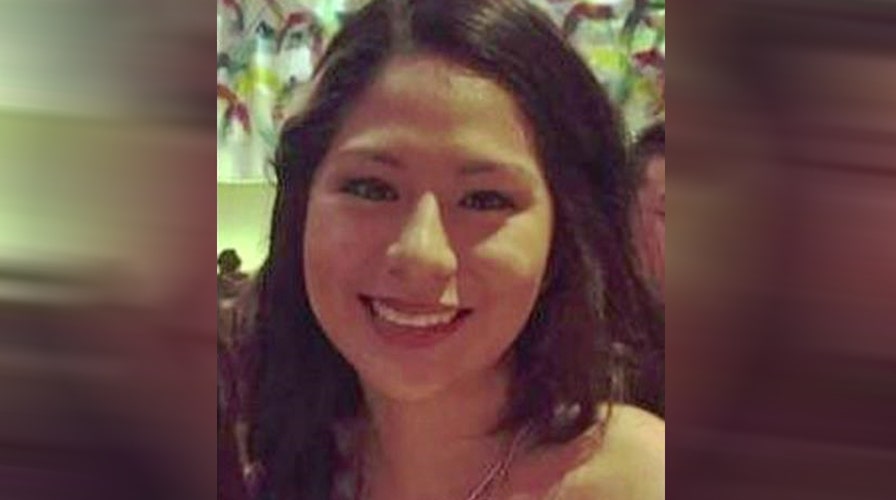Family of US woman killed in Paris attacks speaking out
Cal State, Long Beach design student was studying abroad
If your children are responding to news of the recent terrorist attacks in Paris by appearing devastated, desensitized, or somewhere in the middle — all of this is completely natural.
If they’re asking about the tragedy, don’t worry about having all the answers. Most kids aren’t looking for long explanations.
Ask
You want to learn what they do know and how do they feel. Keep focused on them and ask open-ended questions — questions that encourage back-and-forth conversation because they can’t be answered with a simple yes or no. You might inquire: “What do think about the terror attacks in France?” “What are kids at school saying about all this?”
This style of conversation helps your youngster identify their feelings and gives you the opportunity to empathize with them. Children and adults alike benefit a great deal from feeling heard. It’s that feeling you get from talking to a great listener — that “she gets me” vibe!
Inform
Provide information. If they are up for it, go ahead and educate them on the different factors that led to this. If the lesson goes long, perhaps toss in some insight about how wars are (sadly) not new, and warring nations eventually reach resolutions. You are not excusing war or terrorism, but rather offering some perspective. Depending on where children are developmentally, it is easy for them to be afraid that what happened to someone else is going to happen to them.
Be Up Front
If a child does feel sad or fearful, avoid sweeping it under the rug or saying, “Oh you are perfectly safe, nothing like that could happen here.” There are two reasons for this. First, if they are scared or worried, you’ve done nothing to alleviate those worries but added to their negative feelings by making them also feel embarrassed or ashamed.
Second, you have no idea what kind of scary situations they may experience. Practically speaking, they aren’t likely to experience a terror attack first hand, but there are countless other situations that could be just a scary to a child, from getting on the wrong school bus to having a lockdown at school due to natural disasters.
Take a Breath
If you, Mom or Dad, are deeply impacted by these events, perhaps wait until you are bit more composed to delve into a discussion. Children often watch a parent’s reaction to get insight on just how concerned they should be. If they see a traumatized parent, then they are going to be much more worried and scared.
Overall, your goal with this sort of conversation is to check in with your child, provide comfort if they are worried, and information if they are confused. Regardless of how your child responds, be sure to limit their exposure to the unending news coverage (and for that matter, your own). Sure, stay informed. But there is nothing beneficial about bombarding ourselves with every tragic detail.
Honor
If you are looking for away to pay tribute to the people lost in the attacks, you might consider taking the French flag profile pic phenomenon on social media a step further by doing special something within your own family.
The whole family could create a collage of all things French, have a French movie night, or enlist the whole family in cooking boeuf bourguignon — embracing a “life goes on” outlook, while honoring the country and way of life that was attacked.
Jill Kaufmann, LMFT, is a family therapist in Bend, Oregon.
More from Lifezette.com:
College Campus Craziness: Victimization now seems to be part of the curriculum
Heroic Teens Helping Others: Examples of their courage and selflessness abound
A Christian Choice on ‘The Voice’
Christianity’s Holiest Relics: Secrets of the most sacred religious objects and where to find them


